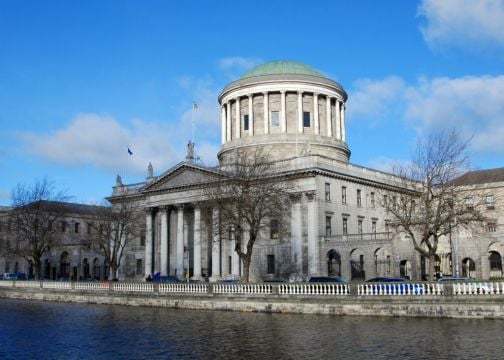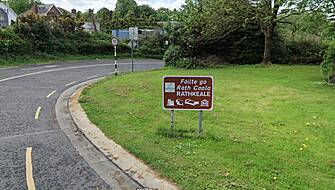A dispute has arisen over who should continue to look after the orphaned children of the second marriage of their deceased wealthy father, the High Court has heard.
Mr Justice Max Barrett has refused to allow trustees overseeing trusts set up to provide for the children upon his death to be joined in the dispute between the man's sister and his late second wife's siblings.
The trustees claimed current spending by the paternal sister, to whom the man entrusted guardianship, "is excessive and goes far beyond what is required in order to fully and properly care" for the children.
The sister denies this and says the trustees have been miserly, chaotic and unprofessional.
The man, who the judge said was wealthy but not “outrageously wealthy", had been married and had children with his first wife from whom he was divorced.
He had more children with his second wife who died unexpectedly.
He died later and left instructions that guardianship of the still young children from his second marriage be entrusted to his sister.
Differences arose between the children's maternal aunts and a maternal uncle over the degree of access and interaction the orphaned children enjoyed with their late mother's extended family.
Those maternal siblings brought High Court proceedings seeking to have the man's sister ousted as testamentary guardian of the children from the second marriage and replaced by one of the maternal aunts.
One of the maternal aunts claimed in the proceedings that the deceased’s sister was seeking to alienate the children from their mother’s family.
She said the guardian acted in a manner that was “erratic, abusive, and confrontational”.
Mr Justice Barrett said the maternal aunts and uncle’s motivation is no doubt “a well-intentioned sense that such closeness is in the infant children’s best interests”. It was not an application that is in any way concerned with money matters, he said.
Notice parties
However, the trustees of the trust set up by the deceased father for the benefit of his children, then asked to be joined as notice parties to the case.
The man set up two trusts, one for the benefit of all his children from both marriages and another specifically for the young children of his second marriage.
The trustees’ core concerns were they did not believe the deceased man’s sister has a proper appreciation of how the monies of the trusts are to be applied, the judge said.
They were also concerned by some of her requests for funding and certain related behaviours, he said.
The man’s sister accepts there have been disputes between her and the trustees as to how trust monies ought to be applied, but she sees them as no more than the to-be expected differences which are bound occasionally to arise, he said.
The trustees say the sister has made it clear that she considers she has an entitlement to be reimbursed out of the trusts for a number of items in her suggested budget “which are clearly not items for the benefit of (the children)".

Her “budget expectations” , including for holidays and clothing, as well as her current spending, are excessive and go far beyond what is required to fully and properly care for the children, the trustees believe.
They also suggest money from the State for the children was being used to fund her personal expenditure.
The sister strongly disputes those claims and says, among other things, there is a willingness on the part of the trustees to dissipate the assets available exclusively for the younger children in order to protect the interests of the adult children. She also says there is a possible dispute concerning the family home.
Mr Justice Barrett said even taking the trustees’ case to be joined to the proceedings at its height, “my respectful sense is that they have failed to establish any sound basis” for being joined as notice parties.







